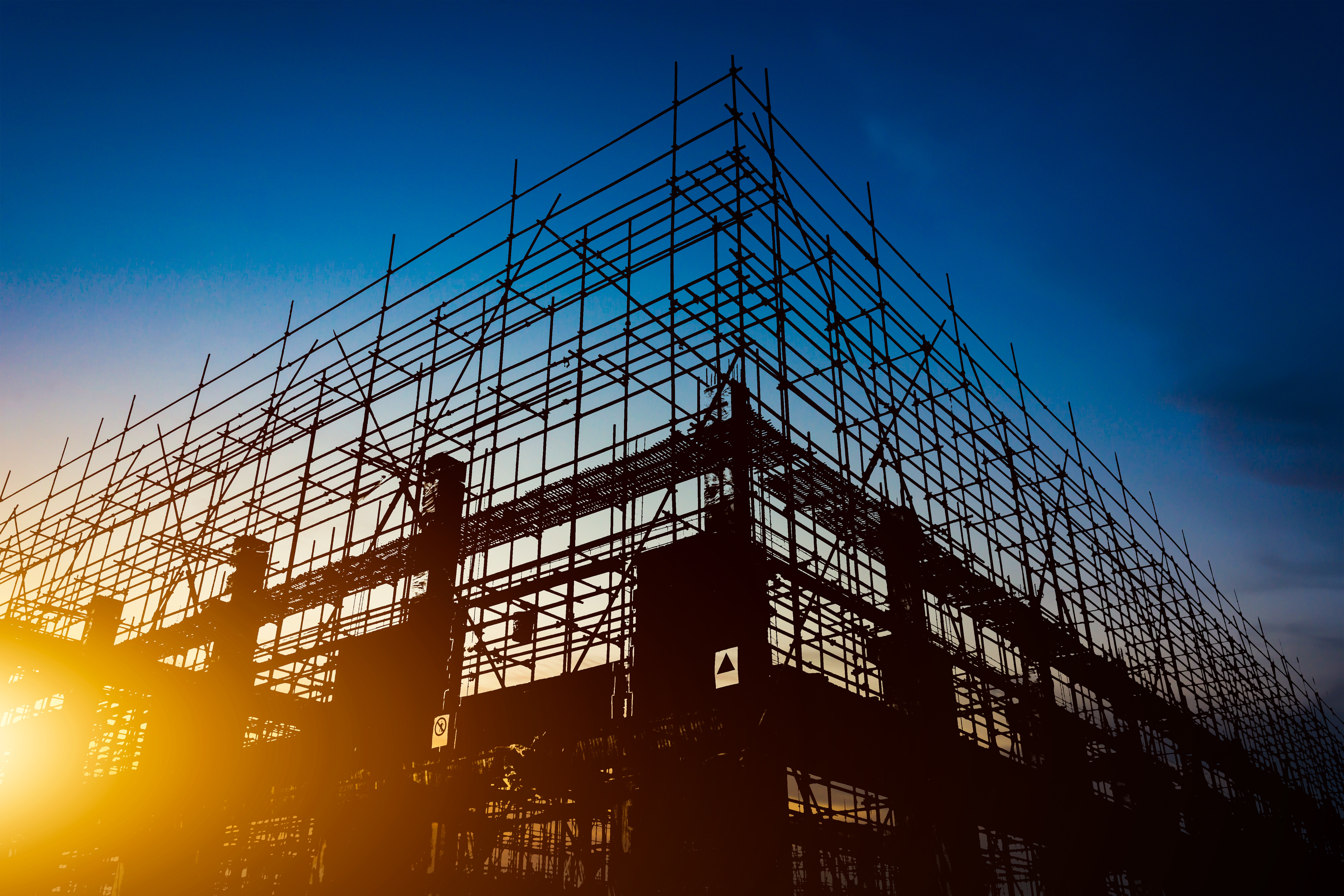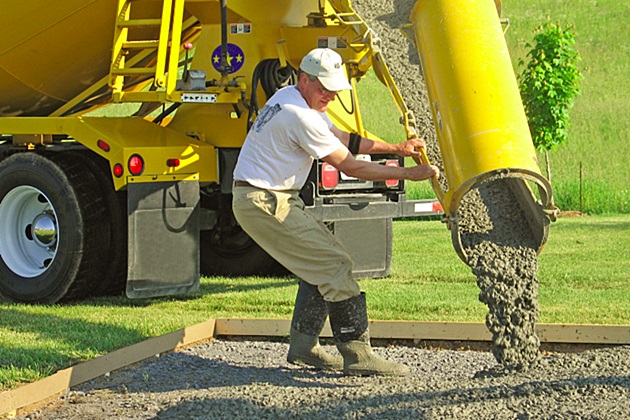751

Modular Construction on the Rise in Romania
Modular construction is gaining increasing traction in Romania, emerging as a fast and flexible solution for collective housing, accommodation centers, medical units, and educational facilities. These prefabricated structures offer key advantages such as rapid execution, reduced costs, and adaptability to a wide variety of terrains.
Across the European Union, over 10% of new urban housing built in the past three years has been completed using modular technologies. In Romania, adoption is still in its early stages but growing steadily—particularly in cities like Bucharest, Cluj, Brașov, and Iași, where pressure on the real estate market is driving the search for alternative solutions.
Among the main benefits are construction times reduced by up to 50%, more predictable costs, less material waste, and the easy integration of sustainable systems such as photovoltaic panels and heat recovery ventilation.
On the other hand, challenges remain. These include the lack of clear regulations on durability standards, hesitancy from authorities in issuing permits, and a public perception still closely tied to the idea of “temporary housing.”
Industry experts are calling for updates to building codes and for modular construction to be integrated into urban planning frameworks. At the same time, a growing number of private initiatives and pilot projects are helping to demonstrate the viability of modular solutions in the Romanian context.




